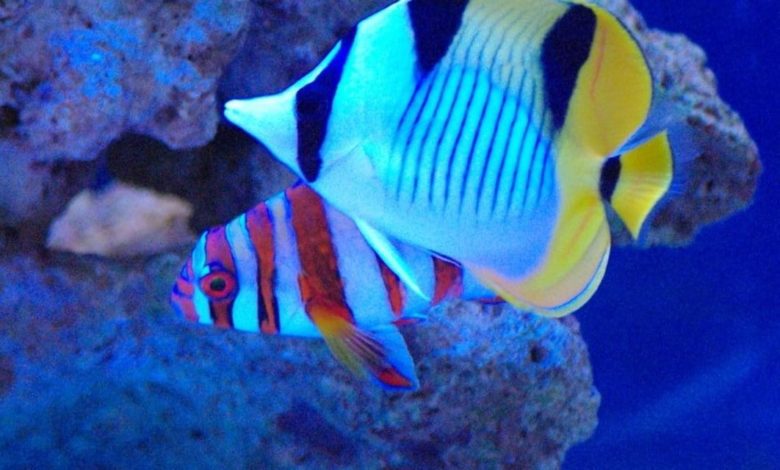Trade Organisations
Aquatic shops face animal welfare nightmare as energy prices rocket
OATA said the aquatics industry is the hardest hit of all in the pet sector because of its energy requirements, with firms facing large energy bill hikes to keep tanks heated and maintained

You'll need to
subscribe to unlock this content. Already subscribed? Login?







